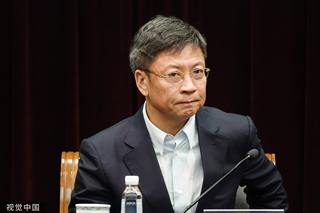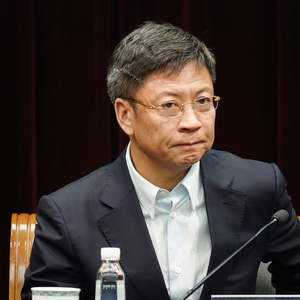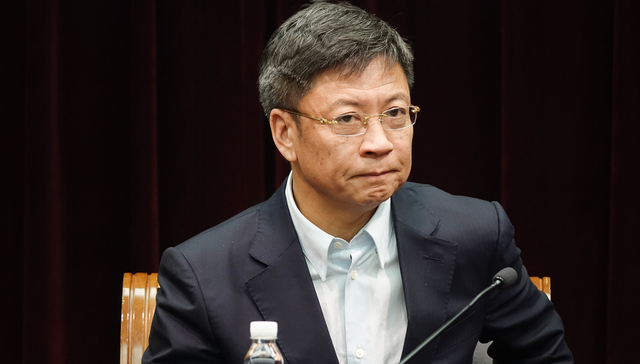By NIU Yu
The chairman of troubled real-estate developer Sunac SUN Hongbin apologized to investors for the company’s recent travails during a conference call this week. Sun said he would do his best to get his company back on its feet as soon as possible.
‘Patience, understanding, trust’
The previous day, a Hong Kong Exchange filing said that Sunac had reached a restructuring deal with investors holding US$9.1 billion of the company’s offshore debt, 30 percent of its outstanding total.
Once among China’s top five developers, Sunac defaulted last year after failing to pay US.5 million in interest on a US-dollar bond. Sunac expects to report a loss of around US billion in 2022.

Sun opened by offering “sincere apologies” and thanking investors for their “patience, understanding and trust.”
Reaching for the stars
He went on to give a lengthy opinion on the background of Sunac’s troubles. The housing market, he said, had been through some seismic changes in the past three years.
“Many things went to a higher degree than expected,” he said.
Sun was referring to the government regulation in the housing market. Rules on such things as buying limits and debt ceilings were so successful in cooling prices and curbing developer borrowing that the market has all but frozen over, and some developers now have difficulties raising the cash they need to fund daily operations and maintain previous debt.
Sunac has tried to bring down its level of debt, but in the end the builder’s problems come down to the basic matter of poor decision-making. Sun described a “habitual urge to scale up” that led to the worst sort of investment decisions. The company, he said, had been driven by irrational optimism, and had been overly aggressive.
Lessons have been learned
There have been a lot of mistakes, some less excusable than others.
Sunac purchased large tracts of land in top-tier cities in 2021. In August 2020, the government issued tough rules on developer debt known as the “three red lines.” The guidelines relate to the ratio of debt to cash, equity and assets. The purchases were based on many false predictions about what the government might do next, and how the rules would impact business.
Eventually, Sun acknowledged that there were personnel issues – too many responsibilities were delegated. There were not enough checks or controls.
The executive team met many times to reflect on what happened, Sun said, claiming that there was both utility in, and enthusiasm for, learning from past mistakes. He said: “We concluded that although external factors exacerbated our troubles, more fundamentally, we caused our own downfall.”
Impressive self-belief
Contrition and assignment of blame over with, Sun reinvested in the optimism which he had recently blamed for precipitating the crisis.
He reassured his audience that the debt problem would be resolved and normal operations resumed. New government measures would stabilize the real estate sector and support the economy, he said. He also expressed confidence quality of Sunac’s assets, if not their value.
The firm restructured its onshore debt early this year by extending the maturity of bonds worth 16 billion yuan by an average of 3.5 years. The restructuring of offshore debt, he said, would protect creditors and help the company recover.
There was no Q&A at the end of his speech.
Fingers in the pie
Sun is the founder, chairman, and majority owner of Sunac. In 1992, he was jailed for embezzlement, a conviction which was later overturned. In October 2017 he was censured for having broken HKSE rules and ordered to undertake a re-education program in corporate governance.
Sun is personally owed US$450 million in loans he provided to Sunac, and has agreed to swap this debt for shares. Sun will own 30 percent of the business after restructuring and will remain its controlling shareholder.
Revitalizing a tired market
Local authorities are trying to drive home sales, by lifting purchase caps, easing residency rules and lowering deposit requirements. As a result, buyers are spending again, albeit cautiously. China’s biggest developers recorded 460 billion yuan of sales in February, according to China Real Estate Information Corp, a 15 percent increase from a year ago, and the first uptick since July 2021.
Home prices rose 0.3 percent in February from January, the first increase since September 2021.





